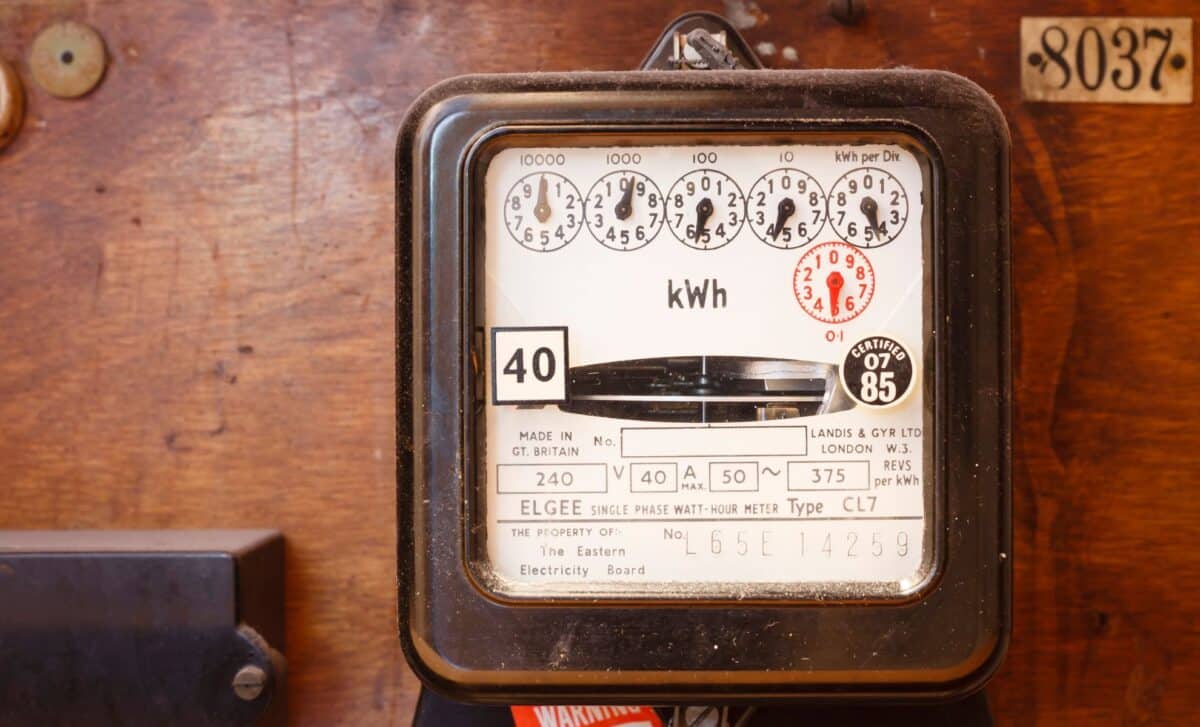A critical issue is emerging for hundreds of thousands of households across the UK, as the Radio Teleswitching Service (RTS) meters, used to control heating and hot water, are set to be phased out by 1st July 2025.
Energy companies are racing against the clock to replace these outdated systems, but concerns over a lack of progress and limited resources leave many households facing uncertainty.
The government and energy suppliers are under growing pressure to address the looming crisis, with estimates suggesting that more than 300,000 homes could be left without functional heating systems or face soaring energy costs if the meters are not replaced in time.
Urgent Need for Smart Meter Replacements
According to Energy UK, there are currently approximately 430,000 homes still using the old RTS meters. These systems, in use since the 1980s, work by using a longwave radio frequency to switch between peak and off-peak electricity rates.
However, with this technology becoming obsolete, energy companies have been given until 30th June 2025 to replace them with smart meters.
As of late March 2025, over 1,000 meters are being replaced daily, a pace deemed insufficient to meet the demand. If the replacement rate doesn’t significantly increase, over 300,000 homes may face severe disruptions, potentially leaving them without heating or hot water.
Ned Hammond, Deputy Director at Energy UK, acknowledged the challenge, stating that it will be “very, very difficult” to meet the deadline without a more robust effort from energy companies.
The implications of the meter switchover are particularly concerning for vulnerable households, which may face prolonged periods without essential services. Rural areas, in particular, pose logistical challenges for engineers trying to install the new systems, adding further urgency to the need for rapid action.
The Public’s Distrust and the Smart Meter Dilemma
While the replacement programme is gathering momentum, many consumers remain sceptical about the new smart meters, fearing inaccurate readings or service disruptions. Some, like Jane from Norfolk, who spoke to the BBC, are resistant to switching to smart meters altogether, preferring the old RTS system.
This reluctance is compounded by concerns over whether smart meters can adequately handle the specific requirements of homes on an Economy 7 tariff.
In response to these concerns, energy companies are working to find solutions that will allow smart meters to function in homes with complex heating systems. Ofgem, the energy regulator, has urged affected customers to contact their suppliers if they have not yet received a replacement offer.
However, with the clock ticking and the deadline fast approaching, campaigners like Simon Francis from the End Fuel Poverty Coalition are warning that the consequences for many households could be severe, particularly for those in remote or rural areas.









